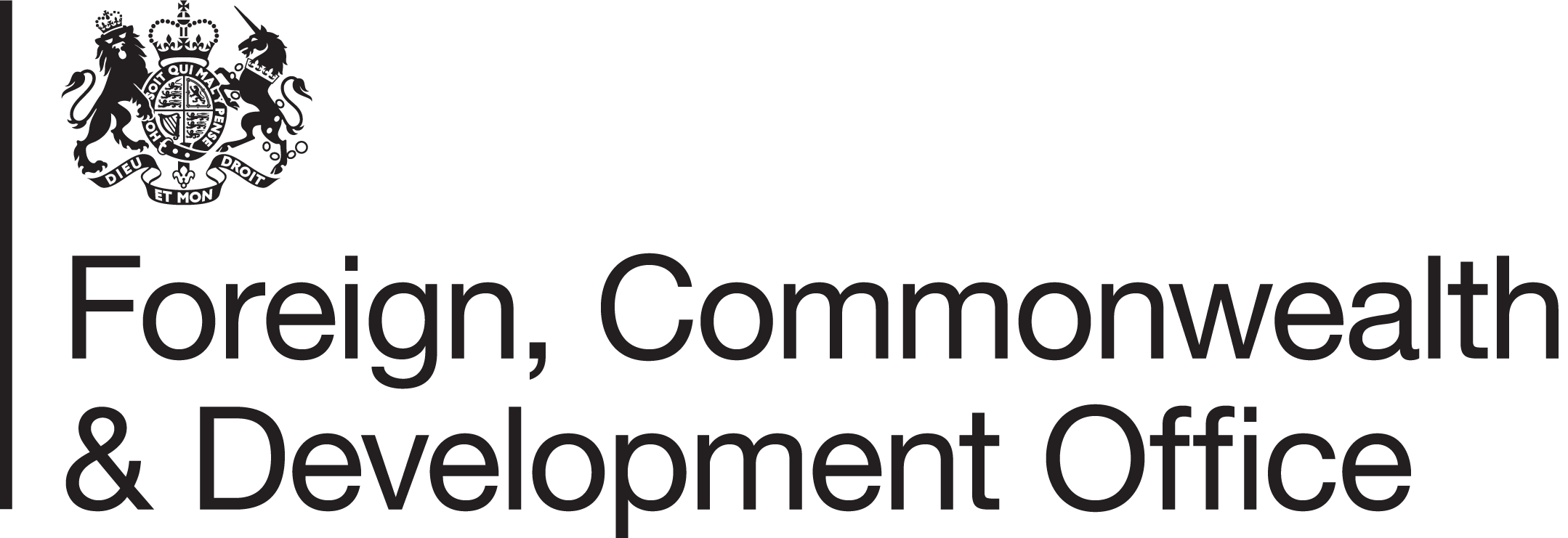Shockwatch - Food prices
The spike in prices of cereals in 2007-8 shocked and surprised. For poor and vulnerable people, it meant hardship, as the costs of cereals in many parts of the developing world rose sharply. For national and international leaders, it was an unwelcome surprise given that for more than three decades previously, real food prices had fallen on world markets, as well as on many national markets.
These events have prompted much study and discussion over what has happened, what may happen, and what should be done about them. Two major questions arise:
- what will happen with food prices in the medium term, and
- what policies may help reduce and stabilise food prices?
This project will produce regular ‘food price updates’ to track the movements of food prices, particularly grain, highlighting the key directions of change and analysing what they might tell us about possible movements in prices and supply over the coming months.
These bulletins will be complemented by additional in-depth studies focusing on specific themes of key importance to policy-making in this area, including grain policy in China, the potential for diverting grain stocks from animal to human use at a time of food price spikes, and the effects of the rapid expansion in biofuel production.
Staff
-
Steve Wiggins
Principal Research Fellow
-
Anna Locke
Senior Research Associate
-
Sharada Keats
Research Fellow
-
Giles Henley
Research Fellow
